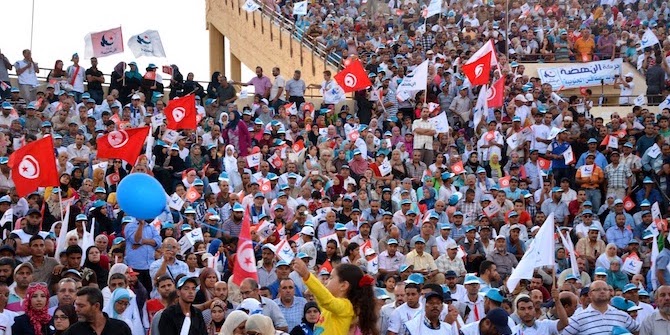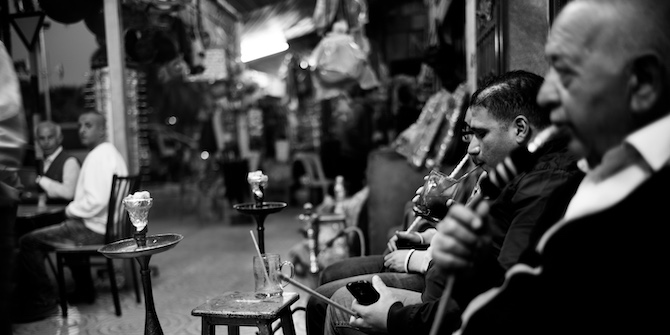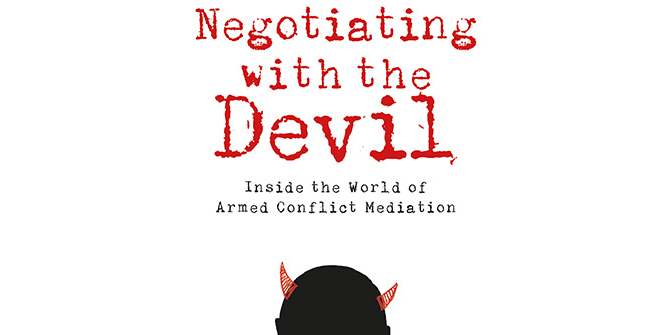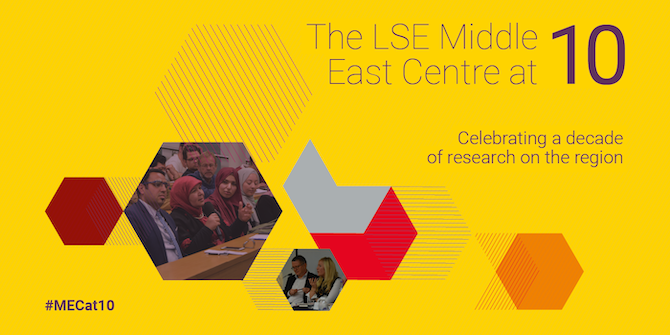by Suzi Hall & Haneen Naamneh

A pandemic reveals an endemic social crisis that extends beyond the condition of contagion. What we’ve learnt from the unfolding of Covid-19, is that existing inequalities deepen considerably, while systems of exploitation and violation expand. Across the globe, parts of the population that are already marginalised disproportionately experienced more deaths and more grave combinations of illness. It is the inhabitants of discrepant citizenships, casualised contracts and rising rentals, who occupy spaces that are perpetually over-policed and under-resourced, that always bear the consequences of ambient and immediate crises. As Dionne Brand clarifies in relation to the ongoing structures that sustain racial violence, Covid-19 is one signal within a larger condition of what it means to live in a permanent pandemic under the edict of systemic discrimination and curtailed rights.
With this notion of a permanent pandemic in mind, our workshop on ‘Covid, Care and the City: Perspectives from MENA’ hosted by the LSE Middle East Centre explored what we learn from the repertoires people nurture in order to live with ongoing violence. Drawing on contributions related to different urban centres – including Lebanon, Egypt and Tunis, and with a special focus on Palestine and Palestinians in Lebanon – we engaged with whether the interval of Covid-19 produced particular challenges and practices, and how these shifted over the period from 2020-2022. We asked what forms of everyday care are available to sustain life and liveability under stresses exacerbated by the pandemic, how the history and legacy of care shapes current practices, and at what point these daily modes of care no longer suffice.
In our research project on ‘Covid Care and the City in Palestine’ we are primarily interested in the grounded practices of care and modes of day-to-day organisation that sit outside of the state. However, we are under no illusions that sovereignty, including settler-colonial rule, shapes the care landscape. Relations between state and subject; designations as to how resources are distributed or prohibited; the overlap of existing and new modes of labour exploitation; and the intricate geographies of property and public life, all mould care.
Weeam Hammoudeh opened our workshop by focusing on particular perspectives of everyday life in Palestine in the midst of the Covid-19 emergency, highlighting the prevalent systems of weakened state capacity and heightened precarity, and how these complicate the everyday negotiation of care. Referring to the continued violence of annexation and demolition that occurred in conjunction with the Covid-19 pandemic, Hammoudeh’s research participants evoke the brutal realities of living with, “a crisis on top of a crisis”, what they describe as living in the intersection of “two epidemics”. Despite the context of weakened social protection and fragmented social fabric, care was sustained through the activation of existing local committees and forms of organising outside of political parties.
Rafeef Ziadah explored the day-to-day challenges of holding onto and sustaining work in the context of Covid-19, pointing to the global context of profound job losses that substantially exceeded the period of the 2008 financial crisis. From the context of Palestine and its economy as captive to occupation and colonisation, Ziadah discussed how an engagement with labour and gender provides a lens to understand daily modes of care. Focusing on the expanding nursery school sector, a geography of care emerges as urban centric, privatised, and highly dependent on low-wage labour. By thinking with a political economy of care, Ziadah’s contribution encourages us to avoid an idealisation of care, in connecting everyday practices and political economies of care.
From the context of Baddawi camp, Elena Fiddian-Qasmiyeh reflected on refugee responses to Covid-19 in a Palestinian camp in Lebanon as underpinned by the intense condition of their historic displacement. On the one hand UN data reveals the enhanced vulnerability of Palestinian refugees in Lebanon evidenced by the contextual condition of being three times more likely to die with Covid-19. However, as Fiddian-Qasmiyeh reminded us, “precarity is produced, it is not inevitable”. This clarification prompts us to connect the attuned camp-based responses to care, including communal cooking and transnational fundraising, with destabilising policies and political decisions such as marking certain groups in the camp as a contagion risk and conducting tests on nationality-based systems.
Working with the perspective of material and emotional registers of care Dena Qaddumi’s and Aya Nassar’s respective presentations gave us ways of seeing care as imaginative, quotidian and disruptive. Drawing on established and emergent cultural practices and repertories, their respective work variously evokes how social nuances, playfulness and the giving of time, all shape distinctive cultures and spaces of care. Nassar’s research on urban rooftops in Cairo in the curfew period of Covid-19 reveals how the lively embrace of flying kites provided a joyful and disruptive collectivity, which builds on her suggestive thinking around ephemera and “infrastructures of the air”. In her exploration of urban care under conditions of domination Qaddumi reminds us of the long-standing commitments and uncomplicated etiquettes to social exchange, highlighting the significance of small acts that are vital forms of recognition and affirmation.
Care lives both beyond and within a political economy of crisis and subjugation. In the doings and makings of attending to one another respectfully, care makes acutely visible the prevailing structures of violence, and the unstoppable will to join with one another in the shared act of supporting and celebrating life. Care is a coagulation of mundane, routine and extraordinary commitments. It remains crucial for us to think and act with the collective capacity of care as a transformative engagement in imagining otherwise.
This piece is part of a research project on Urbanity in the Time of Pandemic: A Study of Infrastructures of Care in Palestine during the Covid-19 Crisis, which is in collaboration with Birzeit University and part of the LSE Middle East Centre Academic Collaboration with Arab Universities Programme. Suzi Hall and Haneen Naamneh are are co-principle investigators on this project with Abaher El-Sakka.






